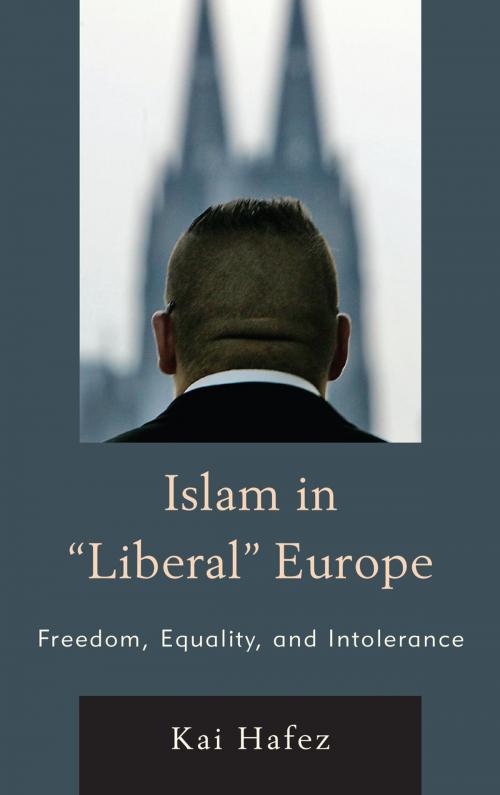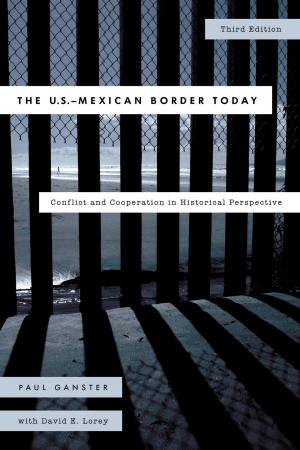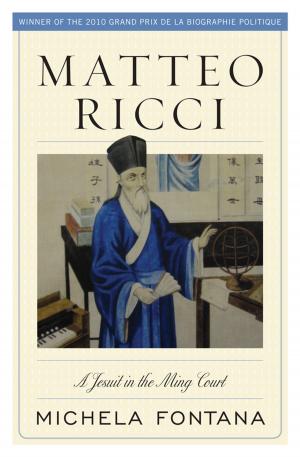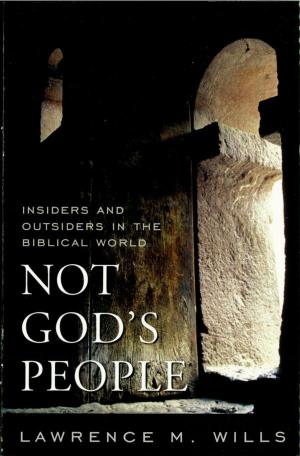Islam in Liberal Europe
Freedom, Equality, and Intolerance
Nonfiction, Reference & Language, Language Arts, Communication, Religion & Spirituality, Middle East Religions, Islam, Social & Cultural Studies, Political Science, International| Author: | Kai Hafez, Professor of International and Comparative Media and Communication Studies | ISBN: | 9781442229525 |
| Publisher: | Rowman & Littlefield Publishers | Publication: | February 7, 2014 |
| Imprint: | Rowman & Littlefield Publishers | Language: | English |
| Author: | Kai Hafez, Professor of International and Comparative Media and Communication Studies |
| ISBN: | 9781442229525 |
| Publisher: | Rowman & Littlefield Publishers |
| Publication: | February 7, 2014 |
| Imprint: | Rowman & Littlefield Publishers |
| Language: | English |
Islam in "Liberal" Europe provides the first comprehensive overview of the political and social status of Islam and of Muslim migrants in Europe. Kai Hafez shows that although legal and political systems have made progress toward recognizing Muslims on equal terms and eliminating discriminatory practices that are in contradiction to neutral secularism, “liberal societies” often lag behind. The author argues that Islamophobic murders in Norway and Germany are only the tip of the iceberg of a deep-seated inability of many Europeans to accept cultural globalization when it hits close to home. Although there have always been anti-racist elites and networks in Europe, Hafez contends that the dominant tradition even among seemingly liberal intellectual milieus and their media is Islamophobic. This fact finds expression not only in the growing anti-Islam sentiment among right-wing populists but sometimes also in so-called enlightened forms of contemporary media, public opinion, school curricula, and Christian interfaith dialogues.
In addition to offering a critical assessment of positive and negative trends in Islamic-Western relations, Hafez also engages in a theoretical debate revolving around integration, tolerance, multicultural liberalism, and modern liberal democracy. He combines political philosophy and political and social theory with current analysis on communication and the role of both religious and secular institutions in community-building in modern societies. In essence, the author debates the question of whether liberal society in Europe, in order to avoid a growing gap between integrative politics and discriminatory societies, needs a complete renewal not only of political ideologies but also of cultures and institutions.
Islam in "Liberal" Europe provides the first comprehensive overview of the political and social status of Islam and of Muslim migrants in Europe. Kai Hafez shows that although legal and political systems have made progress toward recognizing Muslims on equal terms and eliminating discriminatory practices that are in contradiction to neutral secularism, “liberal societies” often lag behind. The author argues that Islamophobic murders in Norway and Germany are only the tip of the iceberg of a deep-seated inability of many Europeans to accept cultural globalization when it hits close to home. Although there have always been anti-racist elites and networks in Europe, Hafez contends that the dominant tradition even among seemingly liberal intellectual milieus and their media is Islamophobic. This fact finds expression not only in the growing anti-Islam sentiment among right-wing populists but sometimes also in so-called enlightened forms of contemporary media, public opinion, school curricula, and Christian interfaith dialogues.
In addition to offering a critical assessment of positive and negative trends in Islamic-Western relations, Hafez also engages in a theoretical debate revolving around integration, tolerance, multicultural liberalism, and modern liberal democracy. He combines political philosophy and political and social theory with current analysis on communication and the role of both religious and secular institutions in community-building in modern societies. In essence, the author debates the question of whether liberal society in Europe, in order to avoid a growing gap between integrative politics and discriminatory societies, needs a complete renewal not only of political ideologies but also of cultures and institutions.















